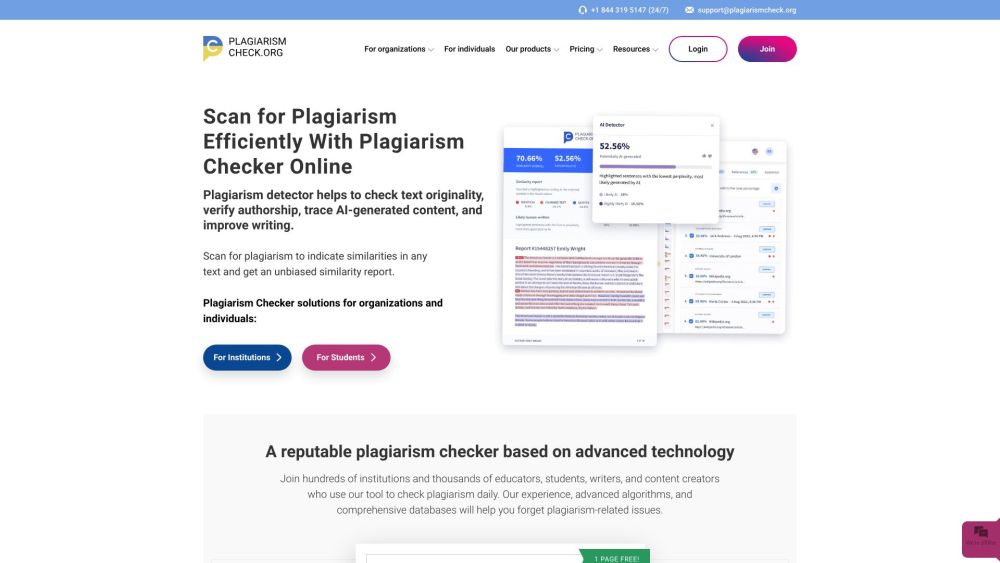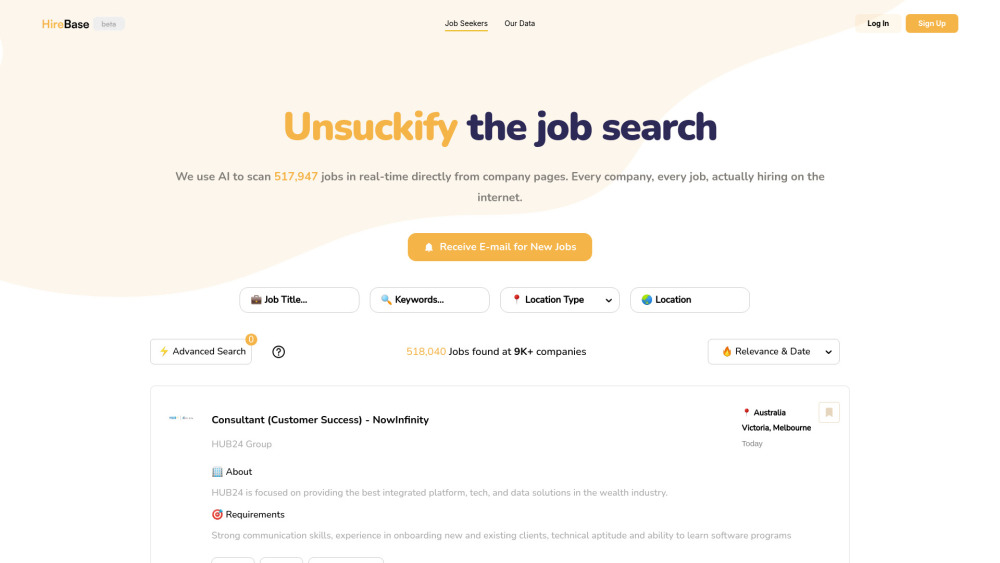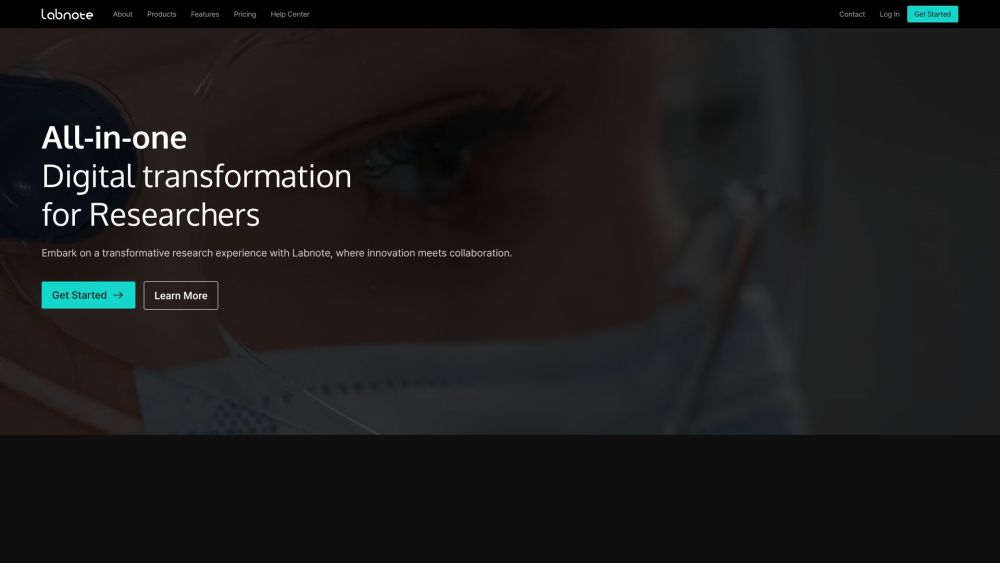The competition to develop advanced chips and expand data center capacity for AI workloads is intensifying. However, this surge in processing power generates significant heat, raising important concerns for server performance and environmental sustainability.
As traditional cooling methods—such as air and water—struggle to meet the rising demand, innovative startups are emerging as key players. Among them is Barcelona-based Submer, which recently secured $55.5 million at a valuation of $500 million to enhance its operations. Submer’s groundbreaking technology involves submerging entire server racks in vessels filled with a proprietary, biodegradable, non-conductive coolant that co-founder Pol Valls compared to “amniotic fluid.” Certain models even allow users to repurpose the heat generated during the cooling process for other applications, such as building heating.
Submer is already making significant strides in the industry. Valls, who co-founded the company alongside CTO Daniel Pope, revealed that their clientele includes at least one of the world’s leading hyperscalers with multiple data centers, major telecommunications firms like Telefonica, corporate giants such as ExxonMobil, government agencies including the European Commission, and renowned research institutions. Although Valls, also the CFO, refrained from disclosing specific names, the client roster signifies the company’s strong market presence.
This funding round, an all-equity Series C led by M&G, with participation from previous investors Planet First Partners, Norrsken VC, and newcomer Mundi Ventures, positions Submer at a post-money valuation of around $500 million. Importantly, the option to raise additional funds remains open.
Submer aims to address challenges that are both technological and financial. The data center sector is already a significant consumer of energy, and the demands of AI are only intensifying this issue. According to estimates from the International Energy Agency, data center electricity consumption reached 460 TWh in 2022, accounting for 1% to 2% of global energy use. By 2026, this figure is projected to exceed 1,000 TWh, equivalent to the entire electricity consumption of Japan.
Furthermore, a May research paper from Goldman Sachs highlighted that a typical ChatGPT query consumes nearly ten times more electricity than a Google search. The report forecasts a 160% surge in power demand from data centers by 2030. Other studies have raised alarms about the increasing carbon footprint of AI and the vast amounts of water required for cooling these facilities.
Here, Submer’s innovative technology plays a crucial role. Valls and Pope developed their cooler concept based on Pope's extensive experience in managing data centers and Valls’ programming acumen. Recognizing the growing demand for processing power, Valls collaborated with a network of retired industrial engineers and materials scientists to create a unique product: a proprietary, non-flammable, biodegradable synthetic coolant, which has a water-like viscosity, housed within smart containers for server integration.
Submer now offers an array of immersion fluids and containers, with some configurations that allow the water cooling system to channel coolant through a heat exchanger, enabling it to be reused for heating buildings.
Despite facing challenges, such as a rejection from Y Combinator in 2016, Submer's fortunes have changed dramatically. The surge in computing power—triggered first by the shift to cloud applications and later by the AI revolution—has driven significant interest in their solutions.
As Submer continues to build an ecosystem, Valls noted that server component companies are increasingly interested in creating compatible parts for Submer’s systems. “We have agreements with major server OEMs,” Valls conveyed. “Though it took considerable time and effort, the scaling process is becoming more seamless.” The value proposition is straightforward—using data-driven results to demonstrate longer server lifespans without dust, noise, or particles. Key partners include industry leaders like Dell, Supermicro, and Intel.
Currently, Submer is a standout in the startup landscape, having raised approximately $100 million, including its recent funding round. Other startups pursuing liquid cooling solutions, such as Icetope in the U.K. and two Texas-based firms—LiquidStack and Green Revolution Cooling—are also gaining traction. LiquidStack recently received funding from Tiger Global, while Green Revolution Cooling is supported by the National Science Foundation and the U.S. Department of Defense.
Looking ahead, Submer's next challenge will be to expand its partner and customer base. Notably, the company appointed a new CEO with significant corporate expertise. Patrick Smets, who joined Submer as COO in August 2023, has taken on the CEO role as of January 2024.




